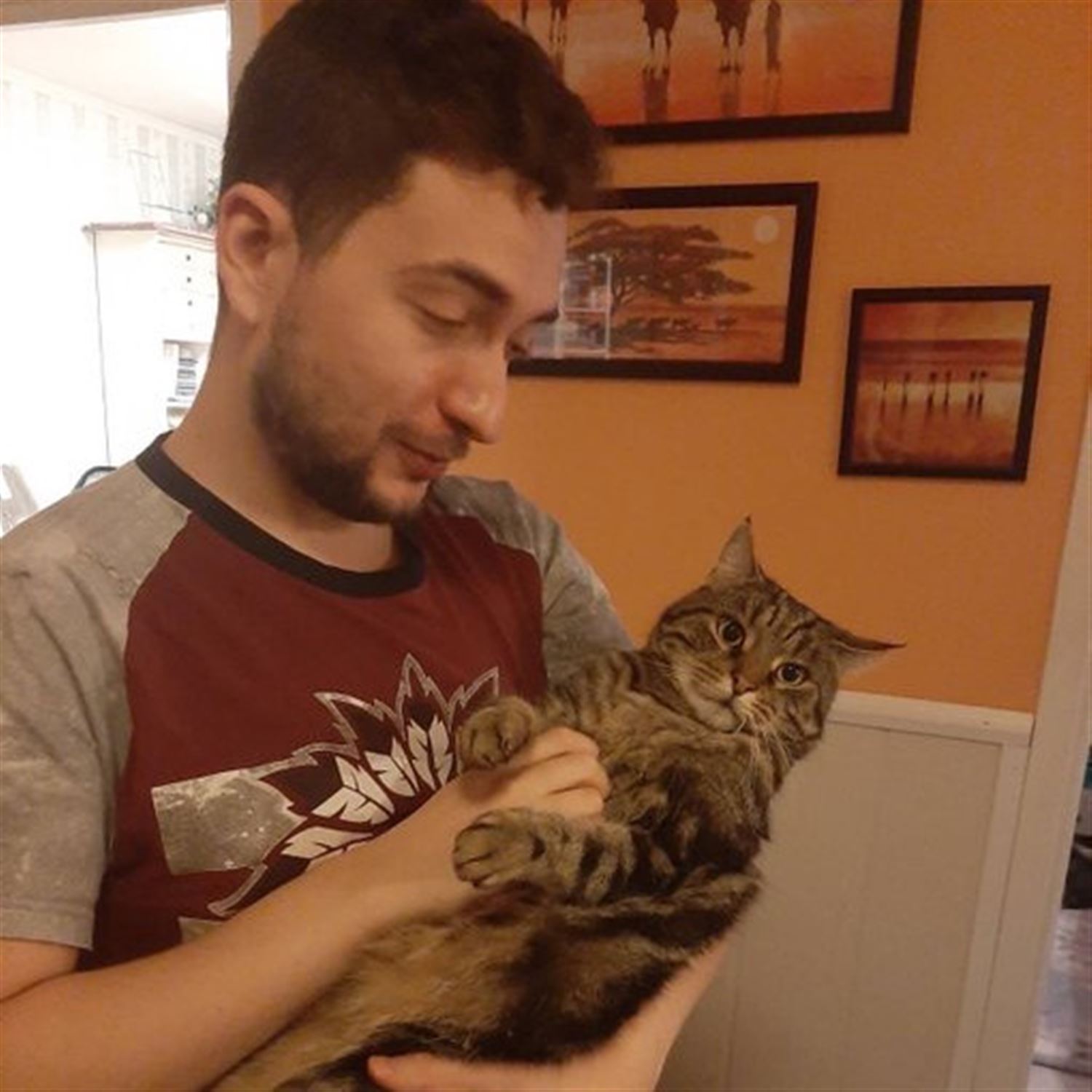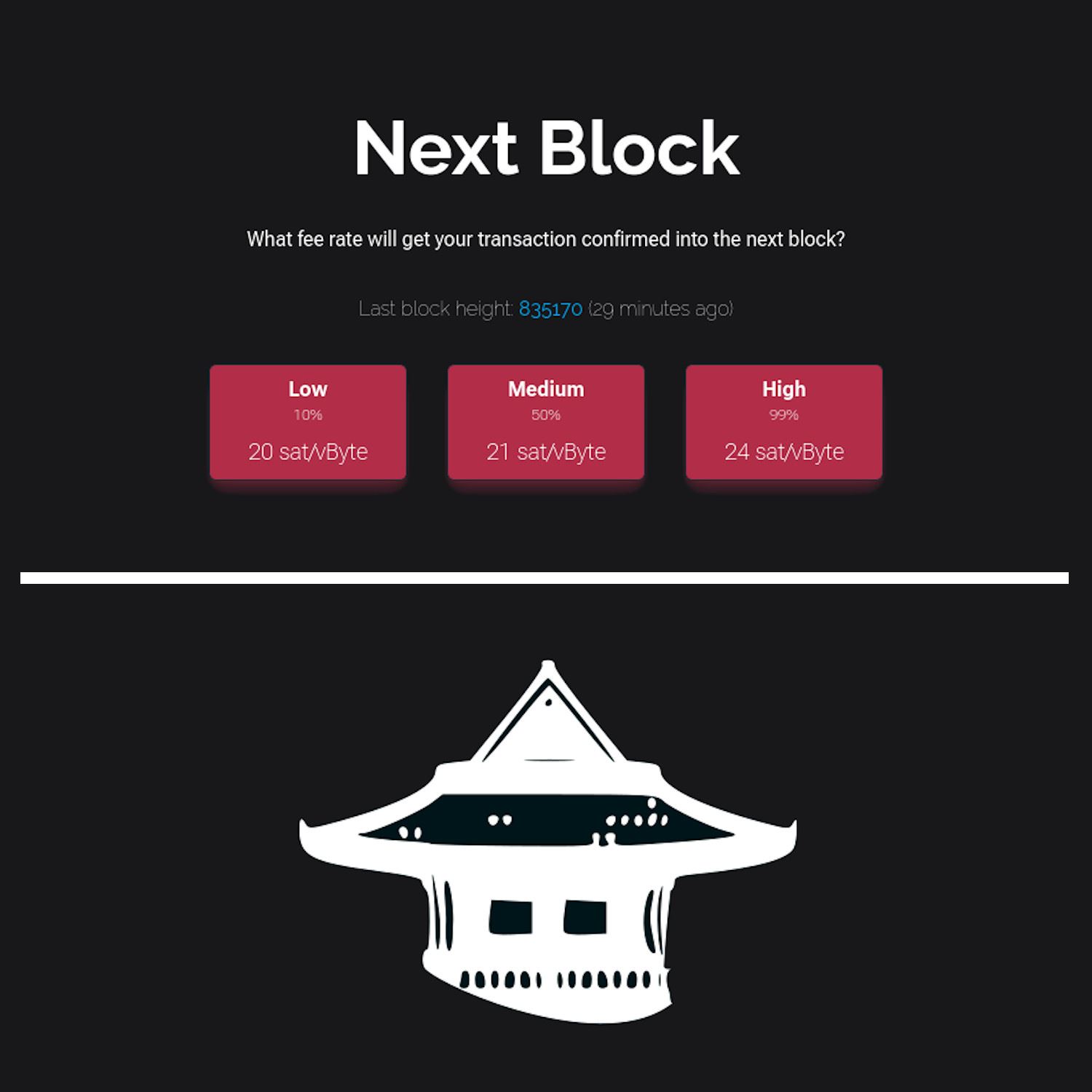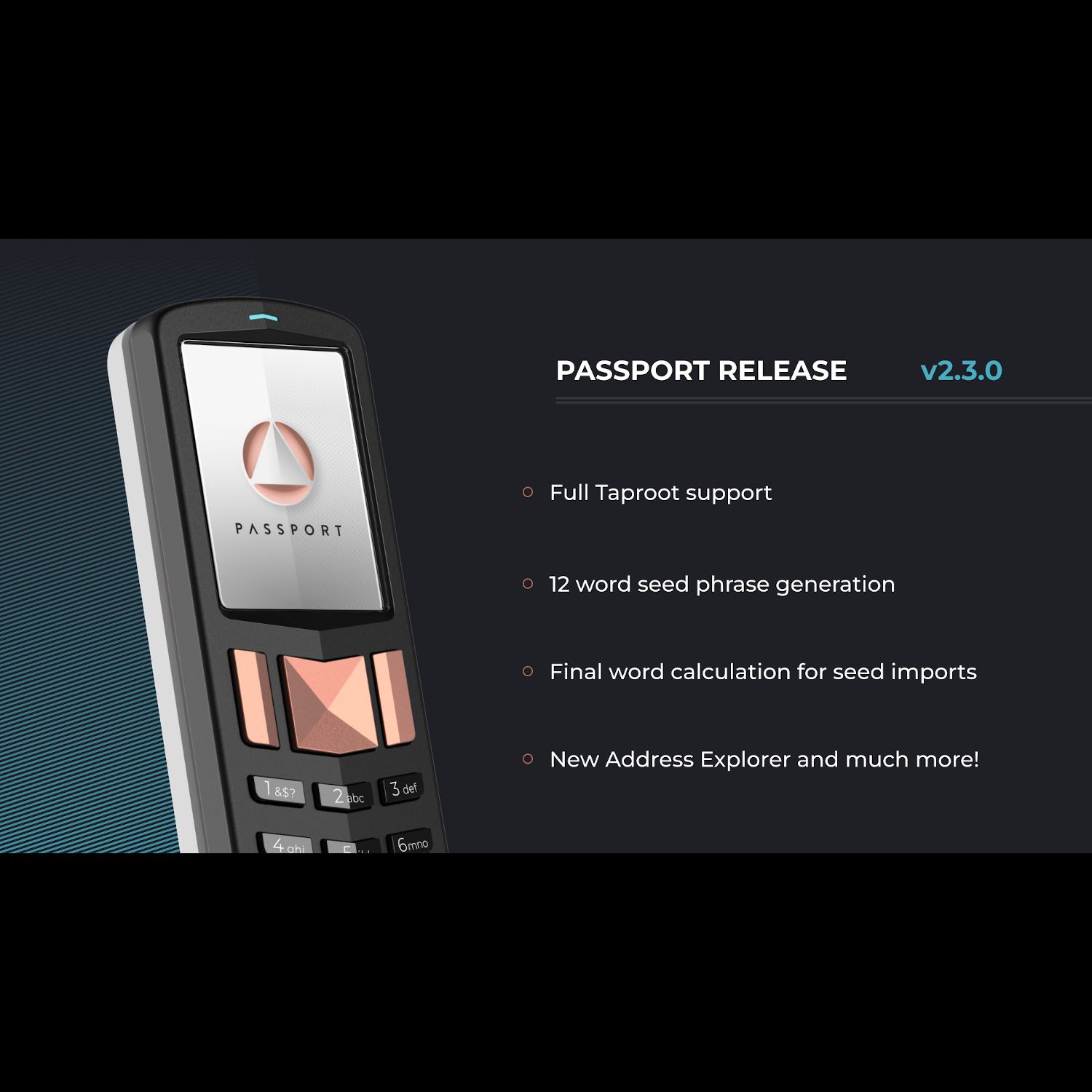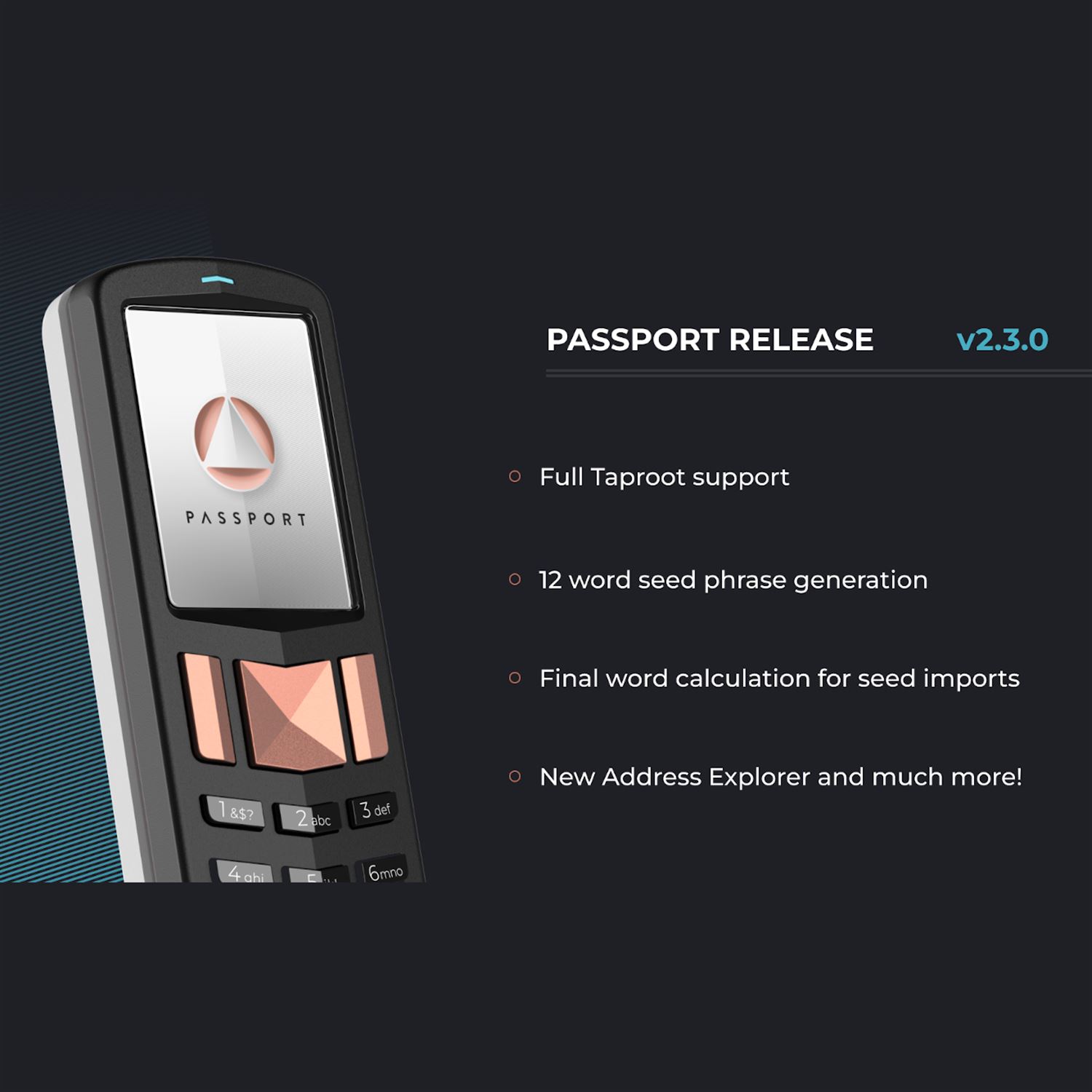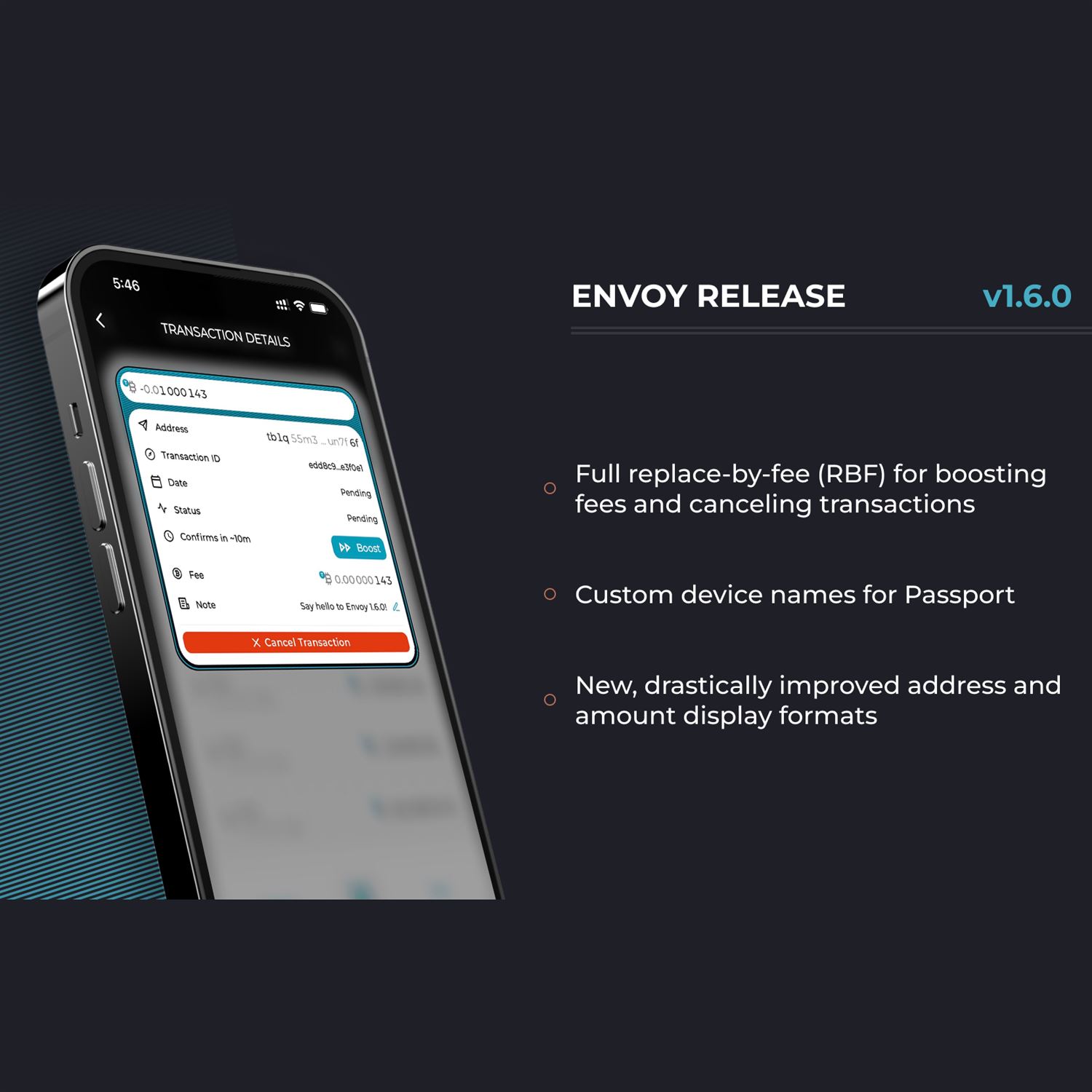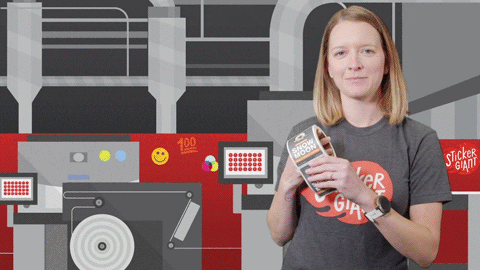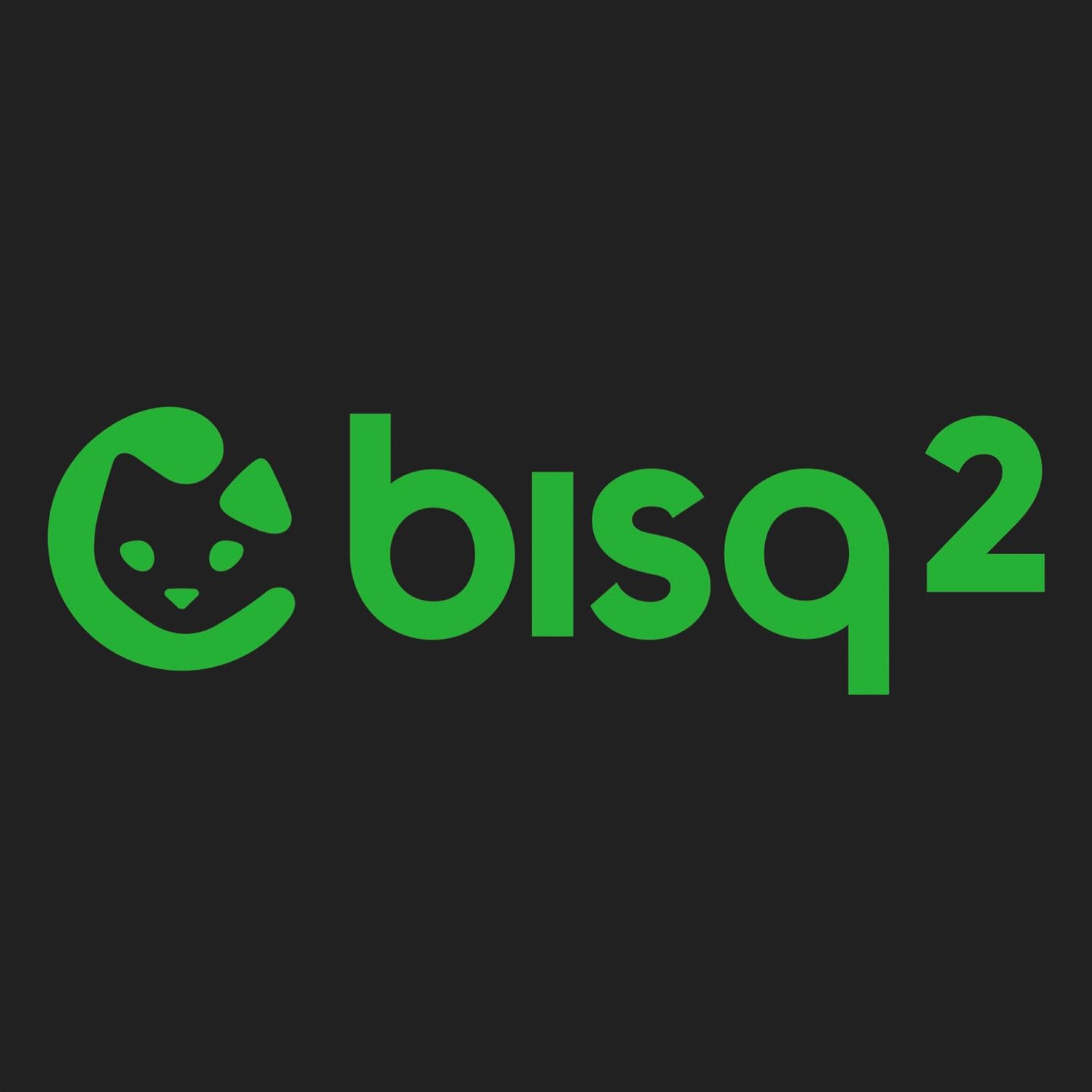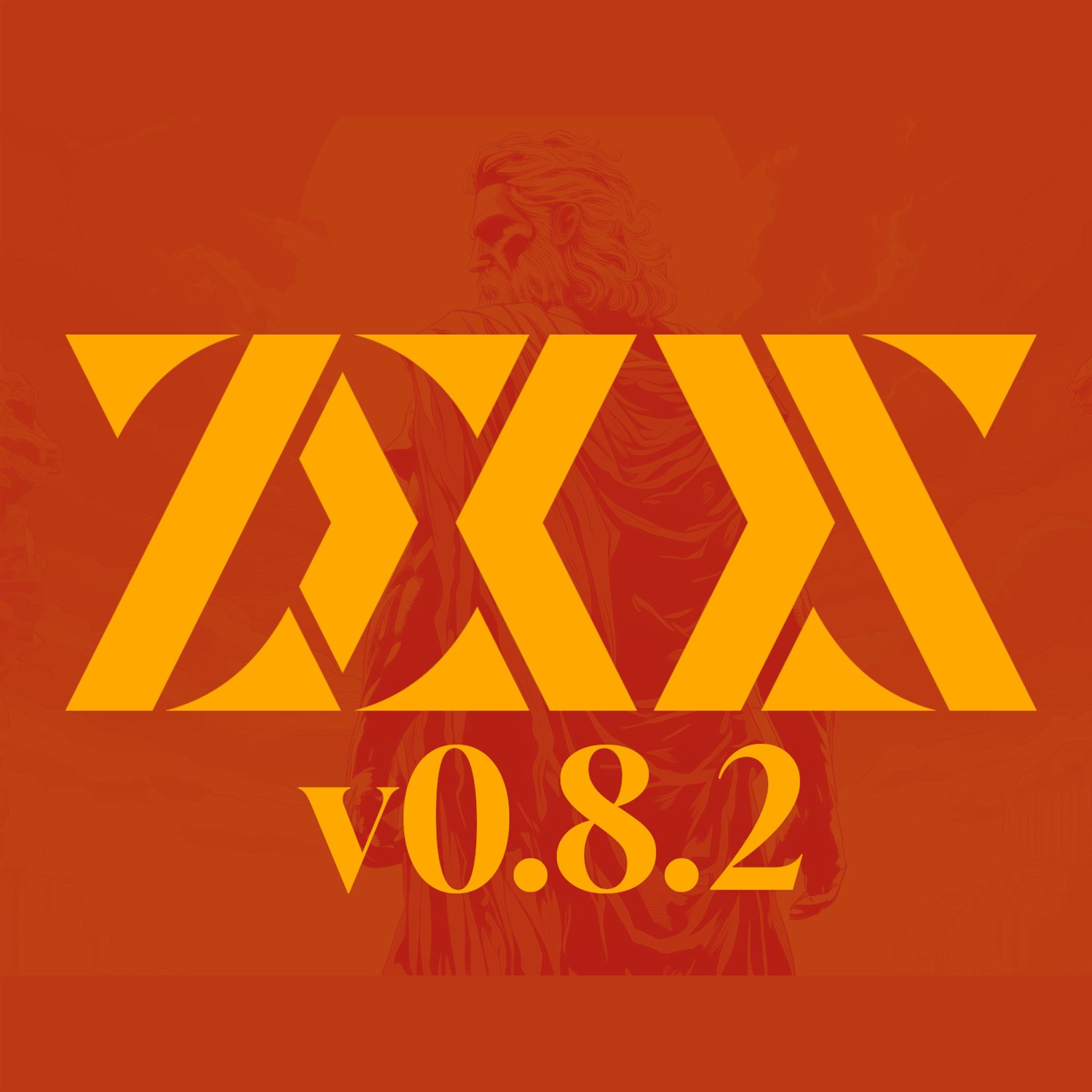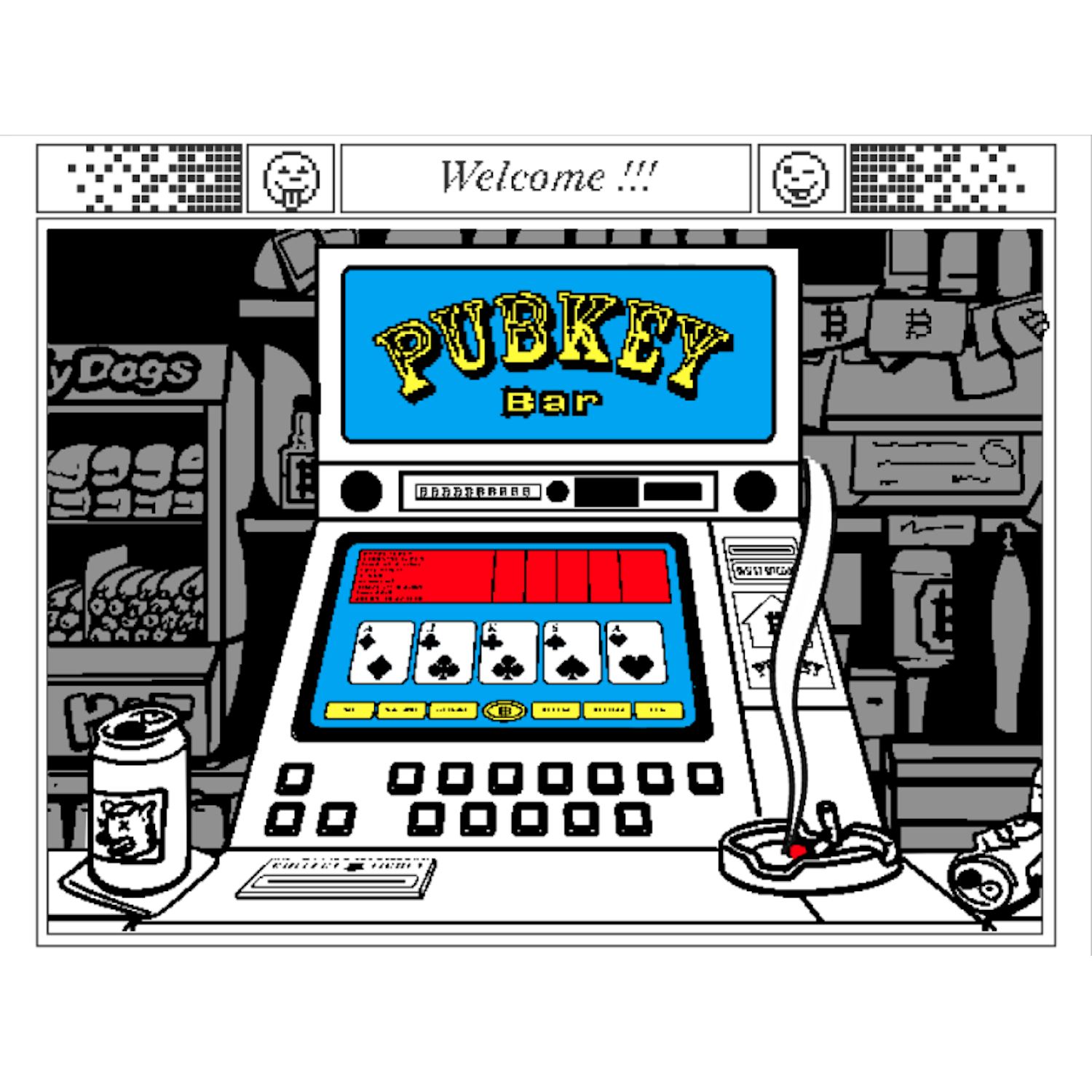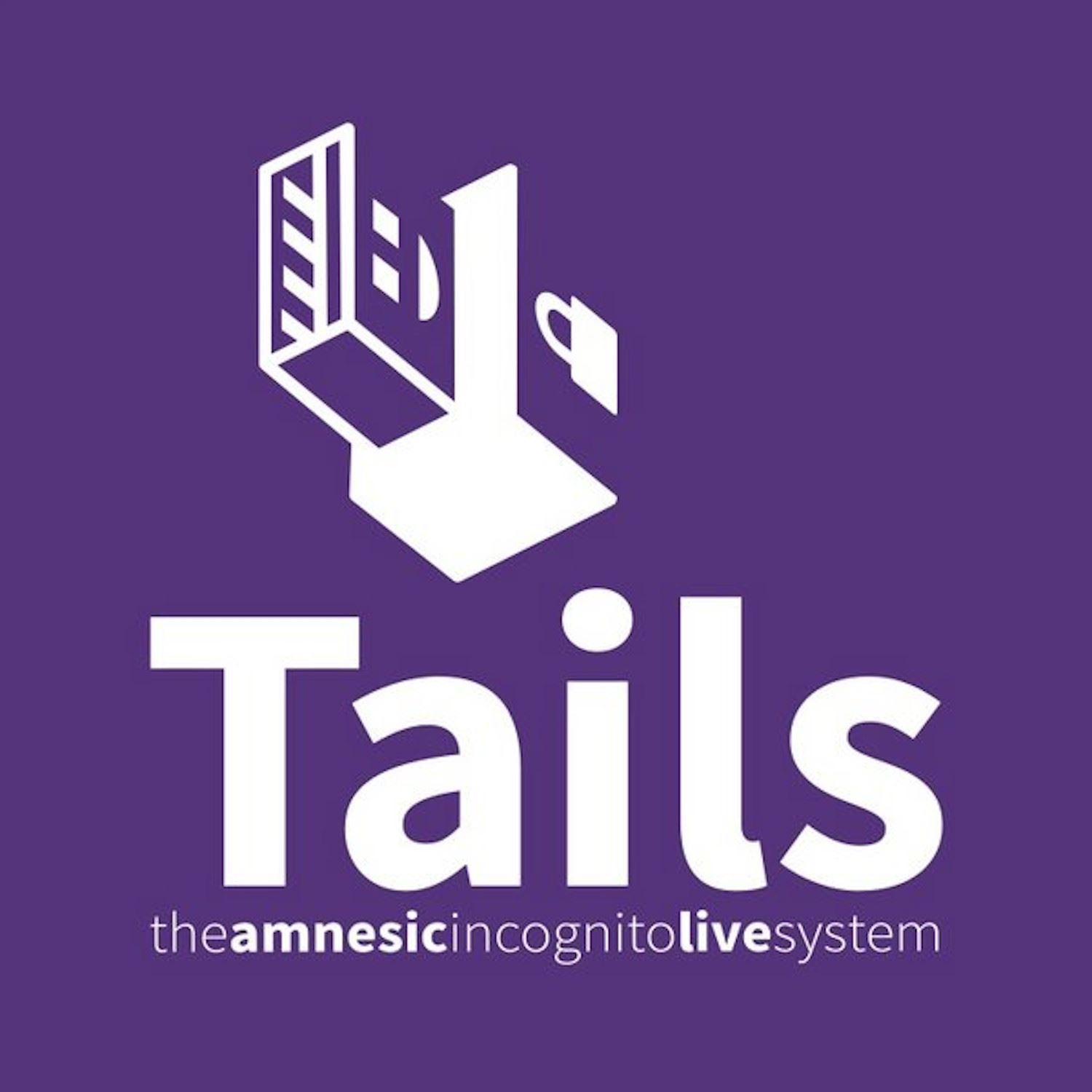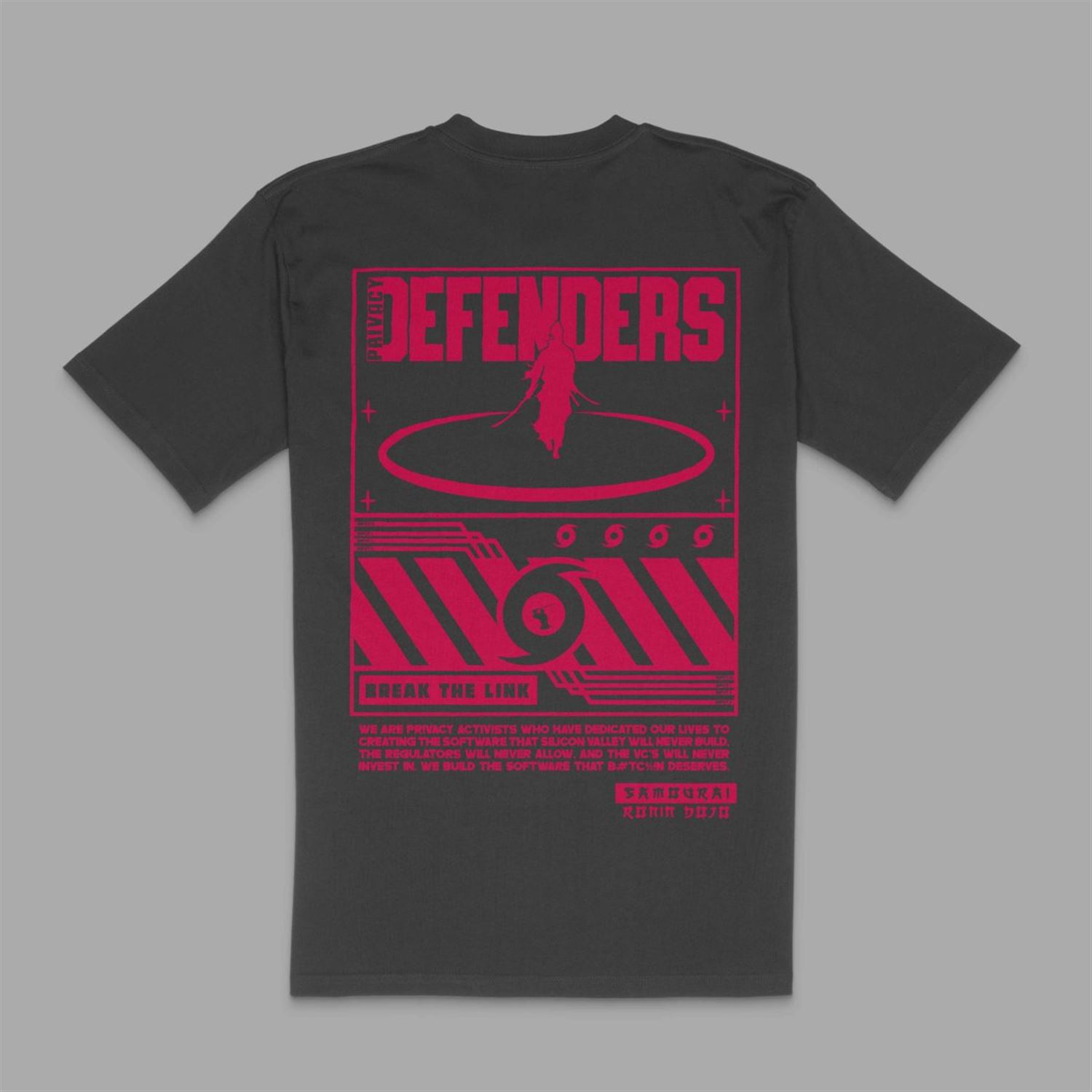- OXT Research
For more information on the irregularities of the case head to:
https://www.oxtresearch.com/pseudo/
HOW CAN YOU HELP?
Trial expenses, in a regular case, include printing, travel, experts, trial graphics, IT, discovery, mock juries, litigation consultants, postage, presentation software, research costs and more. Not to mention hundreds of hours of work by our attorneys and support staff. Add even more discovery and a team of computer forensics and blockchain experts.
Go to Tor Ekeland's website to get all donation addresses:
https://www.torekeland.com/roman-sterlingov/
Donate via the Geyser Fund:
https://geyser.fund/project/usvsterlingov
WHAT'S THIS SHOW ALL ABOUT?
Bitcoin monthly is a show hosted by Max, Bitcoin QnA and
We do this monthly to keep listeners informed without having to dedicate hours every day to keep on top of developments. We break things down in a simple and fun way and we welcome questions or topic suggestions via Podcasting 2.0 boosts.
NEWS
- Sterlingov Verdict Comes Down (https://web.archive.org/web/20240313175133/https://www.coindesk.com/consensus-magazine/2024/03/13/how-a-bitcoin-mixer-laundering-conviction-might-be-appealed/)
- Overwhelming Evidence Wright Didn't Create Bitcoin (https://web.archive.org/web/20240315112817/https://arstechnica.com/tech-policy/2024/03/overwhelming-evidence-shows-craig-wright-did-not-create-bitcoin-judge-says/)
- Apple Walks Back Decision on EU PWAs (https://web.archive.org/web/20240307003712/https://www.macrumors.com/2024/03/01/apple-walks-back-decision-to-disable-eu-web-apps/)
SOFTWARE & UPDATES
- Nextblock.is (https://nextblock.is/)
- Samourai Dojo v1.23.0 (https://blog.samourai.is/dojo-1-23-0-released/)
- FOUNDATION Passport Firmware v2.3.0 (https://github.com/Foundation-Devices/passport2/releases/tag/v2.3.0)
- FOUNDATION Envoy v1.6.0 (https://github.com/Foundation-Devices/passport2/releases/tag/v2.3.0)
- FOUNDATION Website Update (https://foundation.xyz)
- Bitcoin Keeper v1.1.11 (https://github.com/bithyve/bitcoin-keeper/releases/tag/v1.1.11)
- Phoenix Unveils Swaproot (https://acinq.co/blog/phoenix-swaproot)
- Sparrow 1.8.3: PGP Verifier, HWW Support (https://github.com/sparrowwallet/sparrow/releases/tag/1.8.3)
- Bisq 2 is in Beta (https://bisq.network/blog/bisq-2-now-in-beta/)
- ZEUS v0.8.2: 0-Conf LSP and POS Reciepts (https://github.com/ZeusLN/zeus/releases/tag/v0.8.2)
SHOW SPONSORS
Foundation Devices - https://foundation.xyz/ungovernable
Foundation builds Bitcoin-centric tools that empower you to reclaim your digital sovereignty.
As a sovereign computing company, Foundation is the antithesis of today’s tech conglomerates. Returning to cypherpunk principles, they build open source technology that “can’t be evil,”
Thank you Foundation Devices for sponsoring the show.
Use code: Ungovernable at check out for 3 months free VPN usage with IVPN.
Ronindojo (https://shop.ronindojo.io/?coupon=ungovernable)
Want the best opensource node in the world? Here’s some money off and you can help support the show at the same time.
Use code: Ungovernable
(00:02:25) Sorry Mates, I forgot the boosts...😔
(00:03:57) SPONSOR: FOUNDATION DEVICES
(00:07:30) Two Things That are Not Fine: Chainalysis and Wasting the King's Time
(00:08:46) The State Makes the Exception and Then Rules By It
(00:13:15) Changing the Fee Estimator Game: Nextblock.is and Samourai Dojo
(00:20:57) FOUNDATION Passport Firmware v2.3.0: Full Taproot Support
(00:24:41) FOUNDATION Passport Firmware v2.3.0: 12 Word Seed Generation
(00:26:11) FOUNDATION Envoy 1.6.0: Boost & Cancel Your Transactions
(00:30:05) 🎉 Foundation finally Updates Their Website 🎉
(00:31:45) CRAIG RAW'S BIP 329 - Wallet Labels Export Format 🏷
(00:33:20) Mo' Wallets, Mo' Vaults - Bitcoin Keeper v1.1.11
(00:34:25) Phoenix Unveils Swaproot 🥕 & Adds Quiescence Support
(00:37:47) Max's Baller Lightning ⚡️ Node
(00:39:42) Sparrow 1.8.3: PGP Verifier, HWW Support
(00:43:11) After 3 Long Years, Bisq 2 is Now in Beta
(00:46:10) ZEUS Update: 0-Conf LSP and POS Reciepts
(00:47:00) Grab a 🍺 and a Passport from Pubkey
(00:50:18) "Tails Talk" with 🐇
(00:55:35) Apple Walks Back Stance on PWAs in the EU
(00:56:31) Brother Rabbit Takes QnA to Signal School
(01:03:40) Rabbit Representing Ungovernable Misfits
(01:04:30) 🏆 John Galt Wins the Carting Race 🏆
Bitcoin is close to becoming worthless.
[00:00:16] Unknown:
Now what's the Bitcoin? Bitcoin's like rat poison. Yeah.
[00:00:23] Unknown:
Oh. The greatest scam in history.
[00:00:25] Unknown:
Let's get it.
[00:00:27] Unknown:
Bitcoin will go to fucking 0. Yeah.
[00:00:42] Unknown:
Alright, you ungovernable misfits. I'm your host, Max. Everybody knows that Bitcoin is useless, worthless and doomed to fail. But what if everyone's wrong? What if it's the system that is doomed to fail? Join me as I speak to some of the brightest people in the space and slither to the deepest, darkest depths of the Bitcoin rabbit hole. Welcome back. It's another episode of Bitcoin Monthly. I recorded with Bitcoin q and a and Brother Rabbit. He graced us with his presence and covered for Antimus, because Antimus couldn't be bothered to join us. He said he had better things to do. He was washing his hair. A long list of excuses, but at the end of the day, he's let you all down. He's let me down. He's let q and a down.
But most of all, he's let himself down. Although this is disappointing, I can't say it's surprising and we won't dwell on the negative. We had an incredible show. We covered the topics that we really think are important in the Bitcoin world. We ignored the price talk and all the other bullshit. And we got down to how to use the tools, how to keep you private, how to keep you secure. We went through all the software updates and other news. It's always a pleasure recording with Bitcoin q and a, and it was great to have Rabbit back on the show again. I really enjoy recording these, and I hope you enjoy listening.
If you do enjoy it and you think other people could benefit from listening to this show, please do share it on your favorite podcast apps. And if you have any questions or wanna support the show, you can use any of the podcasting 2 point o apps to stream us sats or send boosts. I fucked up on this episode. I had some technical issues, which to be fair is the first time in a while, but it then threw me off and I forgot to do the boosts. So I won't read them all now, but just to say a big thank you to the top 2 boosters. Top booster was late stage HODL, 55,555 SATS, and says thanks for all y'all do.
2nd top booster, ex Patriotic. He's been on a tear recently running through all of the old podcasts. I think he's gone through every single one of them. And, he's been supporting the show. I think he's our top contributor at the moment. So huge thanks to X Patriotic. And his message is, I'm gonna be nice and not call anyone a cheap cunt, but stop mucking about and open your wallet and get Max paid. He fucking deserves it. Not sure about that, mate. But, I appreciate it nonetheless. And I appreciate everyone else who has been writing in. After listening to this episode, if you have any questions, you can write to us, and we'll go through them on the next show. I promise I just fucked up on this one.
So, yeah, any technical questions or anything you wanna say, just send it through and we'll do the top three questions. Before we dive into this episode, I just want to say a huge thank you to Foundation Devices. They have been supporting this show for a fair few years now, right from the beginning when they started. And it's been incredible to see how far they've come. I use these devices all the time. I set my friends and family up on them, and it's just got easier and easier. We cover some of the updates in this episode, so I won't bang on too much. But all I'll say is go and check out their new website. It's absolutely beautiful. It has all the information that you would need for the passport, that's the hardware.
For Envoy, that's the companion app. And also for the concierge service. So if you are newer to Bitcoin, or you're not a 100% comfortable or confident, and you want some help, Bitcoin Q&A himself will sit down for an hour with you, go through everything, check everything, and make sure everything is done correctly. I think they charge $99 for this, which in my opinion is incredible. Foundation Devices. I work with them, because they are fully open source. They are piss easy to use. And they keep me, my friends, my family safe. Check them out at foundation devices.com.
[00:05:19] Unknown:
Yeah. My name is Tore Eklund. I am a, federal criminal defense lawyer. We're representing Roman Sterlingoff, who has been unjustly accused by the United States government of running a custodial Bitcoin mixer called Bitcoin Fog. But the main problem that they have is that there's not a single piece of evidence anywhere that he ever operated Bitcoin Fog, what quote, unquote evidence that they have is all based on this really shoddy blockchain forensics conducted mainly by a company that I've since found that the Sick of this shit. The community really, really loves called Chainalysis. Yeah.
Chainalysis.
[00:06:02] Unknown:
Sick of this shit. Fucking sick of this shit.
[00:06:07] Unknown:
What stops you getting sanctioned and arrested? It's a really good question.
[00:06:11] Unknown:
We work with a surveillance firm. Basically, a private investigator, one of those chain analysis clones.
[00:06:18] Unknown:
Clones. So, okay. That's fine.
[00:06:22] Unknown:
Sick of these fakes, sick of these low last next to no rate. Sick of comparisons, I don't relate I'm the one I hate but for goodness sake Sick of these hipsters, sick of these tricks that's dueling the mix I'm sick of it, mate Sick of these bread, I'm sick of these jakes, what's it gonna take? Are you awake? Sick of this government, look at the state, same old debate, just give me a break.
[00:06:41] Unknown:
Threatening to the government if you can move a $1,000,000,000 to a private wallet in sub Saharan Africa without KYC AML. So So you can expect that they'll have regs around the ladder, and that's totally fine.
[00:06:57] Unknown:
We work with a surveillance front, basically a private investigator.
[00:07:02] Unknown:
So, okay. That's fine.
[00:07:07] Unknown:
And that's totally fine.
[00:07:12] Unknown:
So, okay. That's fine.
[00:07:16] Unknown:
And that's totally fine.
[00:07:19] Unknown:
We work with a surveillance firm. Basically, a private investigator.
[00:07:24] Unknown:
So, okay. That's fine.
[00:07:31] Unknown:
There's 2 things that are not fine. 1 is working with a surveillance firm, and 2 is wasting the time of the king, brother Rabbit, who's joining us today. I've just recorded for 40 minutes and didn't press record. So welcome to the show, mate. Professional as ever, and thanks for joining us.
[00:07:55] Unknown:
No problem at all. I I joked before that that was the dress rehearsal.
[00:08:01] Unknown:
I thought that summed up quite well. I thought you were gonna try and brush that one under the carpet, and I was gonna,
[00:08:07] Unknown:
make sure you didn't get away with it. But hats off for coming clean. Yeah. Yeah. I never try and pretend that I'm smart or do things right. I think everyone is well aware how quite how retarded I am, so sorry about that. But, yeah, as you say, dress rehearsal. Before we brush over it, there's a reason we played that intro. Some very sad news. And, that was just a reminder for everyone not to support companies that support chain surveillance, not to support people who think it's okay because it's not. People's lives are on the line, and, that's not what we're here for.
[00:08:43] Unknown:
Yeah. Not a great week for Bitcoin. Most specifically, Bitcoin privacy, but in my opinion, Bitcoin as a whole. On 12th March, Roman Sterlingoff, the accused, guy that was allegedly behind the Bitcoin Fog, Custodial Mixing Service has been found guilty on 4 counts of, money laundering charges and also charges tied towards failing to register a money transmitting business or service. Excuse me. So aside from the the the the really sad news that, you know, human beings gonna be locked up for a large proportion of the rest of their life, There's a couple of things I really wanna shine a light on here. 1st and foremost, the Vermin, chain surveillance firms are the ones behind driving This guilty verdict there, as Tor Echlin said, the shoddy evidence in air quotes was used here to kind of tie this individual Roman Sterling off to as being the guy, who ran the service and took profits from it and, you know, is accused of all doing all of those things, illegal money transmitting service, etcetera.
Very, very sad day. The fact that these companies are allowed to present black box evidence without showing their workings as, quote, unquote, experts evidence in a court of law is quite frankly shocking to me. And the other thing I wanna shine a light on is that, you know, now that this is kind of enshrined in law, it adds weight to the practices that these companies use because there is a precedent set that can be leveraged in other cases within that same jurisdiction. Really not a great day. I was very, very sad to to read the, the outcome. Tor Ekeland, the one of the lawyers who's, supporting Roman, has already said that they're gonna appeal that, which is good to see. But, obviously, it remains to be seen as to how successful that will be. So, a bit of a somber note to start on, but a very important one to to kind of raise awareness around. Keen to know what you guys think.
[00:10:44] Unknown:
Show your workings out. That's what I was taught in school. I mean, it goes against the scientific method, forensic evidence to, you know, convey to the jury exactly how this, as you say, black box analysis works. And and that wasn't shown in the case. Forgive me because I can't remember the exact terminology. But but during the the pretrial hearings, there were multiple attempts by the defense to submit an expert, who would be allowed, or in a submit an expert in an attempt to allow chain analysis to provide an expert with, I guess, the code or a a better understanding of how it works.
And at each point, the defense was denied the ability to do so. So this evidence that was used really doesn't meet the scientific method, of peer review, and, it's extremely worrying. But maybe looking forward isn't the right word, but, I take my hat off to, the defense attorneys, and we have to keep an eye on this to see what what comes of the, what they're going for. We were so much slicker on the first run, weren't we? Yeah. I've ruined you. We sure shot our load. I was starstruck on the first, explanation there. Oh, me too. Yeah. It was so good. They're going to retrial. They're they're looking for a retrial, aren't they? So it's gonna be good to keep an eye on, on what comes of that.
[00:12:23] Unknown:
Sad to see and feel terrible for the families that are affected. And, yeah, we will see what happens, but, it's important that people fight back and maybe not be so lax about their privacy going forward because it seems that in a court of law, when they say show your workings, writing on a piece of paper, just trust me, bro, is enough. This means innocent people can go away. So sad to see, but we just have to use the tools available and try and protect ourselves.
[00:12:55] Unknown:
Agreed. Speaking of clowns in court, and I really don't wanna give this guy much airtime, so I real I will just gloss over it. But yesterday, a UK judge has ruled that Craig Wright is not Satoshi Nakamoto. And that's all I wanna say in my what's it's a lowball bag? Yep. Anyway, moving on to the important stuff. Should we hit the list? Let's while we're talking about, Bitcoin privacy, Couple of releases from the Samurai team. We have Samurai Dojo version 1.23 which includes an updated estimator API and mempool persistence. And we also have, the new website, nextblock.is, which is an incredible domain. And I'm very, very jealous. So, Rabbit, do you wanna kind of, take us through those 2?
[00:13:41] Unknown:
Yeah. Sure. So Nextblock dot is is, just a website front for a Fiestomator. So you guys have used Fiestomators all the time when making Bitcoin transactions. And in existing wallets right now today, Fiestimation relies mostly I believe in most wallet applications, mostly on the fee estimation provided by Bitcoin Core. And Bitcoin Core has really, really bad way of estimating fees. It uses already confirmed blocks to provide you with a a fee rate of what to broadcast your transaction as of time now, which is a, you know, a flawed methodology because if you're using already existing blocks, you're not taking into consideration the transactions that are sat in the mempool, which is what you care about really because you are in a competition, if you like, against other transaction fee rates of other transactions, and you want to make sure your transaction gets confirmed in a timely manner. Well, if you're using Bitcoin Core as your back end, then it's gonna be providing you with, if you like, an inaccurate fee rate. And this can be explained in 2 ways, really, when it comes to how bad Bitcoin Core, the estimation is. If if on chain fees are rising, Bitcoin Core provides you with a, rolling average fee rate estimation for already confirmed blocks. And because it's a rolling average, it lags behind what is actually happening right now. That rolling average, it gives you a, 2 block, I think, 2 block, 4 block, 6, 12, and 24 block rolling average. So if on chain fees are rising and, you know, you get a spike of high fees hitting the mempool, Bitcoin d is gonna say, oh, you broadcast a transaction at this fee rate, and you're pretty good to go. You're gonna get confirmed into the maybe the next two blocks. Well, because you're using a rolling average and the on chain fees are going up and you're looking at blocks that have already confirmed, Bitcoin d in that scenario is actually underestimating the fee rate required to get your transaction confirmed. And the same is true if on chain fees are coming down.
Well, Bitcoin Core or Bitcoin d, I think I referred to it as previously. Bitcoin d is looking at the transactions already confirmed in blocks. And if the on chain fees are coming down, Bitcoin d will overestimate the fee required because it's not looking at the mempool state. Now where next block dot is comes in and the previously mentioned Dojo update is what powers next block dot is can be self hosted on your own Dojo, hence the Dojo update. And, this is a a new way of estimating fees, which takes into consideration the transactions in the mempool, which is important because you don't want you're not bothered by the transactions that are already confirmed.
You're bothered by the transactions in the mempool. And it takes a block template, which, you know, mine is mine against a block template, and it tries to insert all the current transactions in the mempool into that block template. And it gives you an estimation of what transactions make it into that block template to get into the next block, what a block template would look like if it was to be mined into the next block. So, yeah, if you go to next block dot is, it provides you with a low, medium, and high transaction fee rate, and those have probabilities against them. So the low being, if you broadcast that this fee rate, probability is to get into the next block is 10%.
Medium is 50%, and high is, 99% probability that your transaction will be confirmed in the next block. So this is, like, just a a handy tool to use, like, on mobile or desktop. But seeing a spoiler on Samurai Wallet's Twitter, being that Dojo has been updated with this, new API, this allows what will allow Samura Wallet. I mean, samurai wallet posted a screenshot of of this being used, it looks like, in the next update for them. So, yeah, this will allow Samurais Wallet to call upon the Dojo back end to use next block fee estimation in app. So looking forward to that and, you know, making transactions.
But the first thing I personally do right now is go to a block explorer, you know, just to have a look to see what the mempool state is looking like because it's very difficult in times of sort of high on chain fee rate volatility, you know, when especially when, you know, when fees are rising really quickly or or or coming down really quickly. Those are more critical moments to to broadcast the transaction, either to ensure that your transaction gets into a a block or to ensure that you're not overpaying on fees. So, yeah, it's a good tool and, another thing to, sort of keep your eye on and, and use.
[00:18:50] Unknown:
I like how clean it is. Yeah. It's pretty simple, isn't it? Yeah. Like this, I'd probably recommend this to people if they were coming in and, like, oh, how how would I possibly know over mempool? Just because it's just one thing to look at. You know what I mean? You just go on. Just go, right. I look at this. Low, medium, high, and then you have the percentage. Bang. Done.
[00:19:10] Unknown:
Yeah. The percentage thing's really cool. I think that will resonate with a lot of people. Because most people, when you're looking at a Block Explorer before you do a transaction, 99% of the time, it's because you want it confirmed straight away. If you're not concerned about that, then you just lowball the fee and wait, like, if you send it to yourself. So thing I like about Nextblock though is is that it literally just caters to most of those use cases. It doesn't overload you with information. It's like, okay, what do I need to enter into my wallet to get confirmed into the next block? And am I willing to take a 5050 risk on that? Yeah. Okay. Maybe I'll choose the medium option. If not, choose the high one. Yeah. And use using this as well, because this,
[00:19:49] Unknown:
this this has actually been already available on the OXT website. It's just that the samurai guys have put it into a nice easy to read website, next block dot is. So this has already been available for a couple of months, and I've been using mostly the medium fee. That seems to be quite a, you know, you might not get into the next block. It might be the one after that. But having that 5050 chance, that seems like a a happy medium. There's been a few times that I've I've really gone for it and and sent on the the high fee rate, which is 99% chance. If, if I really there's been a few times I wanted a transaction to confirm as soon as possible. And that worked again really, really well. So, yeah, check it out. And if you're confused by any of the explanation that I've just provided, on the next block dot is website, there's a a little button that says, how does this work? So have a read through that, and I think, you know, that should give a a brief explanation as to why why I talked about and, yeah, why on chain fees are difficult and and the best the best method of of calculating them is using this, this neck Nextblock tool.
[00:20:56] Unknown:
Very cool. Okay. On to some foundation news. We went into the 2.3.0 Passport firmware release, a little bit when the beta version was released. The full main release is now, active and available for download. Some headlines, we now have full Taproot support for single seg wallets. Just wanna stress that, you know, if you've got an existing SegWit wallet and your backups and etcetera are already secured, your wallet is set up, you've got it connected with Spiro or with Envoy. There's no massive need to for you to go and rush out and change everything to Taproot. In a single SIG fashion, like this, the, gains that you're gonna get in terms of fee savings, etcetera, is very minimal. And you're likely to lose any savings that you would have in transaction fees by sending across to the Taproot wallet. So if you're starting a fresh wallet, maybe consider using a Taproot one. But for the most part, if you've already got set up, there's no reason to to rush to do a migration. So save yourself on some fees, guys.
[00:21:52] Unknown:
Is it also fair to say the privacy could be a concern because less people are using that address type? Is that something that people should be thinking about before moving?
[00:22:02] Unknown:
Yeah. At the moment, Taproot hasn't seen the, uptake that maybe some people thought it would have. I foresee the trajectory to probably be the same as Segwit. There'll be a lot of large laggards, like exchanges, etcetera, that stick on Segwit for for the foreseeable for the exact same reasons that, you know, the the the actual benefits are quite minuscule for in the most simple use cases. So for the time being, yeah, the the kind of, I guess, pool of of Taproot addresses that are on the blockchain for you to kind of merge into. It's fairly small at the moment. Yeah. It's another reason why the that privacy shouldn't be your main reason for migrating a wallet to to Taproot.
[00:22:43] Unknown:
Yeah. And I think there was a I saw something on Twitter this week about a bit of analysis as to what percentage of transactions use Taproot addresses. I think from memory, without checking, it was around 20 to 30% or something like that. But that doesn't necessarily mean if you were to use Taproot addresses, you would, you know, you'd be hiding in a pool of those 20 or 30% of people. That's sort of not quite how you know, you can't just use Taproot and gain privacy. That's not quite how it works, really. And the majority of Taproot transactions seem to be, like, the Inscryption guys or Lightning Channels.
Yeah. I think we we're seeing lots of, like like foundation and other wallet applications are starting to integrate Taproot, but the tools you know, the benefits to use Taproot haven't quite, you know, come in yet. You know, question the question might be is, will they ever come in? We we're yet to sort of see that, but it seems to be more of a, Taproot seems to be more of a privacy tool for opening and closing Lightning channels. I think that's probably where those privacy gains will be made, and then you've got the whole conversation about Lightning and privacy. But, you know, we're still yet to see exactly where the Taproot stuff takes us,
[00:24:06] Unknown:
so we'll have to we'll have to see. Yeah. We're we're 2 years in since act activation. I dare say it's probably gonna take another at least another 5 before we see any, real adoption. Segwit was absolutely no different. And even with Segwit, there was significant, you know, fee savings to be had by users. We haven't pulled. That is severely diminished with Taproot, which is probably why we're seeing a lagging uptake. But, yeah, there are benefits to be had, especially when it when you start to look at more complex scripting stuff like you said, Lightning, multisig stuff. But all of that is very, very early days, and it's obviously not really proper to to hardware what's at the moment.
Moving back to the 2 three o release, we also have, 12 word seed generation option now. So you're not just stuck with, having a 24 word seed if you don't want 1. We also have a new feature that allows you to calculate the final, what we call a checks on word for importing seeds. So what this would enable you to do is to pick 11 or 23 random seed words from the the bit 39 seed word list, and then have Passport generate that, final word for you. You can't actually pick all 12 or all 24 words out of a hat because it will more often than not generate an invalid seed because that final word contains what we call a checksum, which requires some calculations that are very difficult, if not impossible to do in your head or on some paper. So generally speaking, you'll need a a piece of software or in this case, passport to be able to calculate that for you. But it does mean that you can kind of use, generate a seed offline if you are an advanced user that doesn't want to trust the very very good entropy sources on the device already. And then finally, we do have a new address explorer on the device. So you can now go into any of your accounts and just scroll through the almost infinite list of addresses controlled by each. And you can also show them as a QR code as well.
Oh, and the seed signer, and those in the periphery of that ecosystem, will be happy to hear that you can now export the Passport seed as a seed QR format as well. Nice. Moving on to Envoy. I think the Envoy 1 4.6 release, we did talk about a little bit when it came out as a beta. That is now in full main release and contains full RBF control, which includes boosting your transactions and canceling your transactions. So the way it works in app is that, let's say I broadcast a transaction with the intention of paying Brother Rabbit. But what I actually did was sent it to one of Max's addresses by accident because I let's say I had it already copied to my phone's clipboard. I've just realized I said boost. I'm talking about cancel now. If I realized that I sent to the wrong address, what I can actually do now in Envoy is open up that transaction in the transaction details view whilst it's still waiting to be confirmed. And then I can hit the cancel button. And what will happen under the hood is that the wallet will construct a new transaction using the same input. But instead of paying to Max's address, which I pasted in incorrectly, it will change that address to one of my own, and send those funds back to my own wallet.
So there is still a transaction on the blockchain. It's not kind of just erasing it from site, but what you'll see, after the the cancel transaction has been confirmed into a block is an outgoing transaction for the amount of fees that, the cancel transaction contained, basically. So it might be, you know, 5,000 sat to 10,000 sat depending on the fee rate used at the time. We also have a boost transaction feature where, let's say, I am gonna pay Max back for some beers and, I set the fee rate at 10 slots per byte because I think that that will probably get mined into the next block or mined in an hour or so. The fees then run away. And, you know, next block sat per byte rate is, let's say, it's jacked up and it's now 50, 60 sats per byte or even higher. Max is getting impatient and he wants me to pay him really quickly. Sounds about right. Yeah. Yeah. Exactly.
What I can do now in Envoy is tap on the transaction details, hit the boost button. That will rebuild under the hood, a new transaction using the same inputs and paying to the same output. In this scenario, it's max. But it will then allow you to create a custom fee that is higher than the original transaction. The reason that we include the increased fee is so that it incentivizes the miners to mine the new replacement transaction with the higher fee because they get more sats at the end of the day. And then to forget about the old one where I made the mistake and I set the fee rate too low. Sound really complicated, but I just wanted to go into the the details of what's going on under the hood. In reality, the actual user experience of doing this is that you can boost your transaction or you can cancel it in, like, 2 or 3 taps. It's all very intuitive as is most of the things that we, we do at Foundation. So really, really excited about this one. I really think that the the UX around this is great, particularly for newcomers who maybe they're used to banking apps where they've got the option to to cancel transactions that they made in error and things like that.
[00:29:01] Unknown:
So if you, if you boost your transaction because you've set too much of a low fee, you can change manually the the minor fee rate. And if you cancel your transaction, that's not something you can set manually. It's just a a hard coded higher fee in Envoy. Is that correct?
[00:29:20] Unknown:
That is correct for now. Yeah. So when we allow you to cancel it, we just bump up by a couple of sats per byte so that we we just ensure it's higher than the original transaction. When we boost, we allow you to do it custom. The main reason for that is that you may want to boost the transaction a couple of times. Let's say you're really stingy on fees. So you lowball a fee the first time and you're like, oh crap, I need to go in and boost it. I'm gonna boost it to oh, next block. Is says the next block fee rate is now 25¢ per byte. I'm gonna put 23 just to make sure, you know, just to hope that I get confirmed this to the next block. And then fee rates continue to rise and continues to rise. You can go in and repeat that process as as often as you like to kind of bump your fee up by just enough so that you get confirmed eventually into the next block. Okay. Gotcha. Oh, and we also yeah. Very exciting week for us this week, although it has caused me some headaches is we have, released our new website which now lives at our new domain, which is foundation.xyz, which, seems to be what all of the cool kids are doing now is living at, dotxyzedomains.
But, yeah, obviously, the main headline here is is the new website completely redesigned and much more in fitting with, I guess, the company's design prowess. You know, we, are not kind of a, you know, lob it into a USB stick or a calculator and let the users figure it out type of company. We we do agonize and sweat the small stuff, when it comes to obviously security but also design. And until now, our website has been not living up to our own standards, let's say. So, yeah, we have now re released it with each product having its own customized product page. With the concierge calls that I run also now having its own page, that's nice to be able to signpost people too. So if you wanna go and have a poke around, yeah, just head to foundation.xyz and see what you think. Love to know what people, think about it. And obviously, if you find any books, please do let me know. It is a new website. I'll find them. Don't you worry, mate. I referred to some, headaches that it's caused us, mainly with the domain. It would appear that, some email providers do not like our new .xyz domain. And a lot of our email contacts have been finding their way into, people's spam inboxes. So we're working on fixing that. But if you have contacted us by email, please, just check your spam or your junk inbox. It's very likely that our response has found its way into there, unfortunately.
[00:31:42] Unknown:
One more question before we move on from foundation. I was setting someone up the other day with Envoy and a passport. I did the backup thing that you told me about, like, backing it up to the phone so that all of their labeling gets kept. And I was wondering if there's a way that what what I said to them, which is what I do, is to label everything there, and then I have a second load of labeling in Sparrow.
[00:32:07] Unknown:
So if one fucks up, then I still have that. And I thought, I wonder if there's a way that they could save this to, like, a micro SD or something. So I thought I'd ask you. Yes. You can save the backup file to a micro SD card. The current limitation to that is that that backup file will only be read by another Envoy application, but it will include all of your notes. In an upcoming release in the next couple of months, we will be supporting Craig's BIP 329 note standard so that you can export just the notes and have them you know, you can manually sync them across and keep offline copies of just the notes that abides by that BIP 329 standard. And that will be in addition to to the encrypted backup file that you mentioned. Yeah.
[00:32:47] Unknown:
Nice. Yeah. Because it it always feels a bit clunky when I'm like, I'll do it and I'll label something, and then I get the laptop out and then go over to Spara and go, get this done as well. And then I do a backup of that. So if you could have that, it would be be clean. Yeah. That was the whole point of Craig's, Craig BIP. He's recognized exactly what you just said basically and and has aimed to standardize it. So I actually don't know if any of the wallets have,
[00:33:12] Unknown:
come on board with it yet. But obviously, as is the case with most standards, you know, it takes a bit of time to gain some adoption, but we will definitely be heading down that route. Perfect. Cool. Next up, we have Bitcoin Keeper version 1.1.11. They have had a big UX overhaul. Now allow you to have multiple wallets and vaults, and you can also see and manage all of the keys separately. I feel like this wallet probably doesn't get, the attention that it deserves, especially being the only
[00:33:40] Unknown:
iOS Whirlpool clients. Have you guys, had a chance to poke around with it much? I had a little look around in the early days. I think that was when they first integrated Whirlpool. But if I'm honest, I've, I've sort of not touched it since. When you're sort of happy with your existing setup, you tend not to sort of stray too far from that. Other than that, no. I haven't.
[00:34:04] Unknown:
I've not either. Same thing. I just sort of stick to what I know because of time, but I've not heard any bad things. So I guess that's something you normally hear someone whinging if there's problems.
[00:34:15] Unknown:
Yeah. I'll, I'm gonna redownload it to, check out what the new the new redesign looks like. But, yeah. Good to see you anyway. Good to see these guys continue building. So hats off. Next on the list, we have, Phoenix Wallet version 2.2.0, which is called oh, God. It's called Swap Root and Quiescence. I hope I haven't butchered that. The, quote from the No Bulk Ship Bitcoin article, depositing on chain funds to Phoenix is now cheaper by 16% if the transaction has 1 input, 23% if it has 2 inputs, and 27% if it has 3 inputs, and is also more private. Thanks to a combination of the powerful new features added to Bitcoin and Lightning in the last few years, which is quite timely actually. We've just been talking about like, Taproot improvements and stuff. So this is one of the few examples where we've seen it being implemented in a fairly complex way to benefit users in terms of reduced fees. So, good to see they have started to use I believe, under the hood they're using, well, obviously, Taproot and more specifically the music too, which is kind of like a multisig standard that leverages Taproot to be able to leverage some of the fee savings that we, you know, we alluded to earlier.
So what's new? Phoenix now uses Taproot addresses by default. And crucially, they now, rotate on chain addresses, so that if you send any on chain funds to your Phoenix wallet, which will then be automatically swapped into Lightning because that's all you ever hold in Phoenix, They are now able to be sent to unique addresses each time, which is obviously privacy 101. Until now, that has always gone to a singular address, which obviously was a little bit detrimental to privacy. But I believe they had some technical hurdles to get over to be able to implement the rotating addresses with all of the Taproot that they've now got as well. So good to see that they've done that. And yeah. Good to see. Phoenix is easily my go to recommendation for any newcomers that kind of want to, or adamant that they they need to use the Lightning Network. I feel like it has a good trade off balance of simplicity.
You know, you just have a singular balance. You can pay on chain or off chain funds. They also have automatic backups in the same way we do in Envoy. So, you know, your your stuff is kind of automatically backed up to the cloud if you choose to use that feature. And, yeah, you have a bit of a of a trusted relationship with them, of course, where they could denial of service you and kind of, you know, close your channel at any point, which would result in you not being able to send funds. But the crucial part is they cannot steal your funds. Yes. You'd have to go through the headache of recovering them in the scenario where they turn rogue. But, yep, that's one of the trade offs you make for having the simplicity of, you know, a lightning node on your phone and then having them do all of the heavy lifting for you. Because when you look at the alternatives, you know, you then you've gotta go down the the option of, you know, running a full node and a lightning node and managing channels, etcetera. Fucking pain in the ass. Yeah. Exactly. Yeah. It becomes prohibitively more difficult to to get onboarded. So, yeah, I got a lot of respect for the Phoenix team. They seem to just quietly sit there shipping new feature after new feature. And I really do, love their simple user experience.
[00:37:17] Unknown:
Can you link it to your own node if you wanted to or not?
[00:37:21] Unknown:
Yeah. You can connect to an Electrum server so that you can verify the the on chain addresses and stuff. Sorry. Yeah. The on chain deposits. But, obviously, the Lightning node itself runs on your phone, and you have a a single direct private channel to the Phoenix node. So you only kind of get some minor benefits by doing so. So you'd use, like, Zeus if or something if you wanted to run your own Lightning node? Exactly. Yeah. That would be Okay. Be my go to.
[00:37:48] Unknown:
Because I've considered it. Because I give a little bit of a shout out to the Start 9 team after they went open source. I thought, okay. You know, I I wasn't so keen before, but they made it available. And I had my old laptop knocking around. I thought, I might just run this and see how easy it is. They obviously have it all packaged up so you can run a lightning node on there and everything else. And it's been incredibly easy to set up so far. So I'm sort of playing with the idea that if I get a spare half a day or something, I might run a lightning node again. I'm not a 100% sure, but I might just give it a go because it's been a few years.
But, yeah, it's pretty fucking easy to do. Like, I flashed the system onto this old laptop that I've not really been using, set up a note on it, literally one click. Everything worked. And as far as I understand, it's the free and open source version, which is nice.
[00:38:42] Unknown:
Love to hear it. Yeah. That's one of the few I've not actually, got around to running. So, looking forward to hearing your, experience.
[00:38:49] Unknown:
Yeah. I did it on the StarBook. Because, you know, the my mouse doesn't fucking work on the StarBook. And it just sits there. And I was like, this is impossible to use. Fuck this. I'm just gonna use this as, like, a beefier node and just, like, have all my Bitcoin shit on it. That is one hell of a baller node that you've got there. Yeah. It's fucking over well, that's what I was thinking. Like, maybe I should run a Lightning node on it as well, because, like, it can easily handle all this stuff. Yeah. Yeah. It's overkill, but I think for someone who has an old computer or something lying around, and they're currently running a Raspberry Pi, and they're not that technical, but they wanna have a bit of a play. The fact that it's now got an open source option, and I did it in, like, an hour. So that shows you how easy it is.
[00:39:38] Unknown:
That is saying something. Yeah. Well done, mate. Yeah. Next on the list, we have, Spiral Wallet version. Well, technically, the latest version is 1.8.4, which contains a minor bug fix. But the latest kind of, headline release is 1.8.3, which includes a PGP verifier, improved QR reading, and support for some new hardware wallets. I guess the main one to talk about here is that, is the PGP verifier. Little bit of a quote from, the No Bullshit Bitcoin article. For all Bitcoin software, it's particularly important to verify the integrity of your install file. With this release, you can verify Spiro or any other software release signed with PGP, such as Bitcoin Core, or the firmware for your new hardware wallet. So, basically, what Craig's done is include, like, a a a really simple graphical user interface within the app that allows you to easily verify the signatures of many different types of software, not just Spiro, which is very cool. I believe, Robert, I think you alluded to earlier in our in our DMs that there might be some limitations to how this works.
[00:40:44] Unknown:
Yeah. I mean, it's, I mean, it's a great tool to have. And I think the the main thing, I guess, Craig was going for was the ordinary user, if you like, if you're not sort of too familiar with how, PGP works or how to verify your own software. He's made it really, really simple. Right? So you open up this pop up window within Sparrow. You drag in the downloads from the website, so the the signature, the manifests, and the release file, which the release file being the install application. You click something, and it basically says verified okay. So that's a really quick and easy way to verify Sparrow. I think the release alluded to, you know, this can be used for many other different softwares to, you know, verify them. What I would say is it is not you can't verify every software that's been signed with PGP.
PGP is very particular in in, how you sign things, exactly what you sign. So I know, for example, because I tried it out, you you can't verify the, at least I haven't been able to. So So if someone can work it out, let me know. But I don't believe it's possible to verify, like, Ronin's release Ronin Dojo's release using this. That's just because of the way in which they sign what Craig would call the manifest. It's not to say that Ronin's software hasn't been signed by PGP. It's just been signed in a particular way that doesn't allow Sparrow to verify it. So using a different tool, I was able to verify Ronan's software release, but using Sparrow, I can't.
By and large, you know, it's a very, very good tool to have. But I would always say if you're ever getting a, an issue when trying to verify software, always try and contact the devs first. It might just be an issue on your side. That tends to be, what what I've, what I've noticed is sometimes people try to verify the wrong file. So, yeah, if you try to use this and and you, you're getting, like, a for for a different software application and you're getting, like, a a an unsuccessful result, then, you know, speak to the devs first of that wallet application or or software application. It might be something simple to resolve. It might be something simple on your end, or you might have to use a different piece of software to verify, your download. But by and large, yeah, it's very nice to see.
[00:43:12] Unknown:
Next on the list, I'm almost embarrassed to bring up because this is the first time I've heard about it, and it got me very excited when I saw it. There is a BISC 2 being developed. Did you guys know about this? No. I haven't looked into it. Yeah. So BISC 2 version 0.0.7 test release. So, you know, don't go diving in with loads of funds on this one. Has been developed. BISC 2 has been developed from the ground up for multiple trade protocols to be accessed via a single decentralized exchange platform. So why BISC 2? BISC 2 introduces a range of trade protocols, each with its unique advantages and trade offs. The diversity empowers users to select protocols aligning with their preferences, considering factors such as convenience, security, minor costs, trade fees, privacy, and available support.
Users can seamlessly access and switch between these protocols, tailoring their experience for different trades. Interesting. I don't really have much, much else to add other than that I'm gonna go and download this and have a look.
[00:44:12] Unknown:
It's a lot of words, isn't it? I does you don't Yeah. Exactly. It doesn't quite explain what it is. It says, what did it say? Multiple did you say multiple protocols or something? Yeah. Yeah. It'd be interesting to see what that looks like. Yeah. Yeah. But, you know, BISC is a peer to peer exchange
[00:44:29] Unknown:
worth, I guess, maybe having a look at. Yeah. I've used it a fair amount, and I liked it. I ended up stopping using it just because I have this weird, like, verification issue, which I could never get round. And in the end, I just binned it off. It was something to do with you know, like, when you first start using it, you have to do a certain amount of trades before you can do it over a certain amount. There's some sort of safety feature they had in there. For some reason, no matter what I did, I never got around that, so I stopped using it. But until then, it was pretty
[00:45:00] Unknown:
good. Oh, here we go. The following trade protocols are on the road map. BISC easy is a reputation based trading with no security deposit requirements. So that's quite cool, actually, and good to hear where you don't need Bitcoin upfront to buy some Bitcoin, which obviously is a big hurdle for some people if they wanna use Bisk to get their first sats. So that's cool. How does that work then? Can't they just rub someone? Well, no. It'll be simp I presume it'll be similar to the way, like, Huddl Huddl works or Peachworks where there'll be, an escrow system with the provider where, obviously, in the best case, it will be the, independent volunteers. I forget what they're called in this ecosystem, but they'll I presume there'll be, like, a 2 or 3 multisig or something like that where there can be some arbitration if a trade goes wrong. Yeah.
BISC multisig, submarine swaps, which is atomic swaps of Lightning to mainnet Bitcoin, liquid submarine swaps, liquid Multisig, BISC Lightning, where you can go from lightning to fiat. Liquid swaps, BSQ swaps, Monero swaps. Okay. Looks like they've got a lot of their sleeve. Yeah. I'm gonna go and give that one a try, this weekend, I think. Zeus version 0.8.2 is now released. They've got 0Conf support sorry. 0Conf LFT 0Conf LSP support for LND REST connections. So users of platforms like Umbrel, Start Nite, Embassy, Voltage, RaspiBlitz now have the option to use the Zeus LSP to get connected to the light lightning network. That's pretty cool. So you can actually in the same way you would use, like, the, the Zeus LSP on your phone or like the Phoenix LSP on your phone, you can now do that from your own node if you don't know anybody that you could open channels to. So that's quite cool. Improvements to the point of sale.
I actually used the Zeus point of sale, a couple of weeks ago when I was in PubKey in New York. Seemed to work really well actually. Just mentioned that in passing. Yeah. Gallivanting across the pond. I know. Yeah. Just casual going off to noon. I should have mentioned it at the start of the call, really, as a what we've been up to, but we we kinda kicked off with a somber note, and I didn't wanna derail the conversation. But, yeah, myself, Zach, and Seth, all from Foundation, we headed over to we got a new partnership with the guys at Pubkey, which is, as the name suggests, a pub a Bitcoin pub, located in lower Manhattan. And we have partnered up where you can now purchase devices in person. So if you are a New Yorker who likes Bitcoin, get yourself there. You can grab yourself a passport privately and pay in Bitcoin using the, the Zeus point of sale. And the reason that we went over that is that we're running a self custody workshop series where you could come along and learn Bitcoin basics and also, you know, learn how to use our products as well, through that same lens of just starting out, you know, what are seed words, how how do I interact with Bitcoin addresses, what are backups, how do I create them securely, that sort of thing.
So we have got a full kind of series of workshops penned out to to get people from 0 to hopefully, you know, roughly where we us guys are where we've got our Bitcoin set up and we're comfortable with Bitcoin wallets, and we can then start to become the, the the teachers. So very exciting initiative. Very, happy to be able to sell them in person because, as we know, you know, the the the most private way to get yourself on some get your hands on some Bitcoin hardware is to to do so by paying in cash or in bit via Bitcoin, in person. So, yep, they've got some behind the bar. So when you go and get yourself a pack of Guinness, you can get a passport to go with it. Very nice. Was it good fun? It was good fun. Really good fun. The turnout was good. Everybody that came along was, really kind of engaged and posed me some difficult questions which, was quite fun. But, yeah, it was great. Really happy with how it went and really looking forward to the next one. We haven't nailed down a date yet, but I think the next one's gonna be around the middle of June time. But, keep an eye on the foundation and put key socials for, you know, full details of that. Completely free to attend, by the way. I just wanted to make sure that was clear. It's the perfect place to deal with your Bitcoin security while getting pissed, isn't it? Everyone knows that. The perfect mix. Yeah. Well, to be clear, everything that we do there is, is on testnet and not with real seats. Everything's dummy run. So we're not advocating for people to be getting drunk and setting up their cold storage in a public environment.
Side note, though, what they built there is really cool. It is a really, really cool environment. And I was really shocked. Like, we did the event on a Thursday, but I was there for a couple of days before and after. And that pub's busy every day. I don't know whether it's just because it's New York and everything's busy all the time. But Yeah. Big city life that is. Yeah. There was just every night, there was there was loads of people in there. And it seems that they have they have, something going on every night, be it a talk or a workshop or a quiz or a podcast or something. There's always something going on there. So very excited to see, how that progresses.
So I'm sure the price action is probably helping the, the footfall as well. I would say. Yeah. That was right around the time where we were were poking through previous all time highs. So but, yep, great initiative. Really happy to to be a part of it and thankful for the PubKey guys for having us. Looking forward to the next one. Next on the list, we have Tails version 6.0. Rabbit, you put this one on the list. You wanna take us through this one?
[00:50:26] Unknown:
I don't I don't think there's too much to to really go through on this one. I just saw it in passing. Tails is something I use, a lot more, I'd say, more regularly, now than than I've ever done before. If you don't know what Tails is, it's a operating system you can put onto a memory stick, and then you can boot your computer from that memory stick. And, you can use your computer offline if you so please. You don't have to connect to the Internet. And while you're in that environment, anything that you do is saved to to the RAM of your computer. So then once you turn your computer off or pull that USB stick out, it wipes your RAM. So it's it's kind of a nice environment to deal with, you know, certainly doing things more technical things with Bitcoin, whether, you know, god forbid if you were to type your seed words into a computer. Right? You know, doing that entails I wouldn't maybe suggest everybody to do it unless you're comfortable doing that entails is sort of a safe environment to do so. Now, this is a major release from the Tails team, which is a a version 6.
So, you know, they've they've updated many things, from security perspective, and whatnot. So if you are a Tails user, it's it's worth, you know, updating. One thing I'd say on this is that, usually, when there's a Tails update, unless there are, there are breaking changes, you can normally plug your Tails USB stick in, boot Tails. And once you connect to the Internet in tails, then it will notify you that there is an update, and you can update within the operating system. With this update, you can't do that. So if you are a Tails user and in particular, if you use the persistent storage feature within Tails, Your persistent storage will not be saved. So make sure you back up your persistent storage first.
You can do that within Tails. For some people, it's much easier just to back it up onto a, copy and paste it onto another USB stick and then update your tails. And then you can create your persistent storage again after updating to version 6, and then you can copy your backup back into your persistent storage. So, yeah, one for the, one for the geeks, but, it's, it's I really, really, really like what, you know, Tail's team do, and it's a invaluable tool for me.
[00:52:50] Unknown:
Have you tried the, I'm reluctant to call it a fork of tails, but the the tool that uses tails and and adds in some Bitcoin related software, I think it's just called Details.
[00:53:01] Unknown:
That's right. Interesting you mentioned that. I was chatting about this only recently. It's not something I've tried, but something I would like to. For those that don't know about details, tails comes preinstalled with applications. One of those applications, for example, is Electrum Electrum Wallet. Personally, Electrum Wallet is pretty trash. Those that have used, Sparrow, if you like, as your desktop wallet, if you're used to a desktop environment, know how sort of behind Electrum is in terms of just usability. So if you want to use Sparrow on Tails, you have to install it yourself, and then you sort of have to be a little bit more technical and understand, say, like, the command line or how to verify the release for the first time via the command line when using Tails.
Tails is really easy to use, by the way. I I don't don't wanna say that it's command line all the time. It's it's almost just like using, you know, very simplified version of, like Pop!OS, the the Linux operating system. But details, which yeah. I don't know if is it a fork? I I I've not looked into this too much, but details takes tails and then adds additional sort of, it seems it seems like it's more like a Bitcoin project. There's many Bitcoin tools on there. So it adds Sparrow wallet. It adds the Whirlpool GUI desktop application. What else does it add? Many other things. I think there's about 10, 12.
And that just means that you don't have to install them manually. So you can verify as well that those there's been, like, no fuckery going on with how those, applications have been compiled, I believe. You you can verify that that it is just a fork of tails with these applications. But, the reason why I'd like to try it is because it looks to make that process a lot more simple that you don't have to. If you want to use Sparrow on Tails, for example, or the Whirlpool GUI on Tails, you don't have to install it manually. So that's on the list for me to try. I've just checked the, the list of stuff that's on there now. It's huge.
[00:55:12] Unknown:
Sparrow, Bisk, Ian Coleman, CTUL. Shout out Superfar Arrow, BorderWallets, Whirlpool GUI, Spector Desktop, My Citadel Desktop, Huddl Huddl, Robosats, mempool space, Briar, Simplex, Rana, Nosta, PubKeys Mining Tool, and Nosta Web Clients. Yeah. Big list. So I think I'll definitely be trying that one as well. Yeah, me too. Last couple of things on our list. We have an update to the story we talked about last month or maybe the month before around Apple killing off the progressive web app for iOS users in Europe. They have now walked this one back slightly.
So Apple is now gonna continue to let users put web apps on their home screen, after iOS 17.4 arrives. However, the caveat is that they've got to be built directly on their WebKit framework and their security architecture. So, I believe that may limit it to Safari only and it won't work in other browsers. Or maybe it's other browsers that are strict and use their webkit as well. But either way, you know, it's good for the the Apple fanboys that they now have permission to use their PWAs once again. Thank god for permission. Yeah. Exactly. Yeah. I made sure I would I made sure I worded it that way.
Yeah. Welcome to Apple, guys. Yeah. Final one on the list. Signal introduces usernames and phone number privacy. So this is another one that I'm kind of embarrassed to bring up. I've never used Signal. What about you guys? Yeah. I use Signal. Well, you guys can you guys can score me on this one. I believe, until this release that you obviously had to use a phone number, with Signal, and that was shared with by default with all other users that you connected with. Correct? Yeah. Yeah. That is a shit part. The question I have now well, yeah, the question I have now is that do you still need a phone number to sign up to signal? Yes. But you can now hide that from all other users?
[00:57:12] Unknown:
Yes. That's right. So, yeah, that was the downside being that if I wanted to use signal with you, I had to give you my phone number. But now I can in in app, if you tap on your profile, you can give yourself a nickname. And, instead, I can then share that with you. And after sharing that with you, you don't need my mobile number,
[00:57:32] Unknown:
to communicate. It's more like it's more like a Telegram model then, except that everything is encrypted by default, whereas Telegram, you have to choose. You have to have that, like, little private chat thing. Yeah. And even then, you can't verify it.
[00:57:48] Unknown:
Okay. Oh, I didn't know you didn't verify it. I don't believe Telegram clients are open source. I might be wrong there. Okay. Anyway, yeah, back to Signal. Another question. Can I have multiple usernames or nicknames? No. No. Just the one. So I need 2 apps with 2 burner numbers, one for my q and a alias, and I'm off of my normal a list.
[00:58:11] Unknown:
Yeah. Yeah. That's right. Yeah. I mean, for me for me today, the so, I've got, like, a a number that I use for my NIM, and it's always sort of prevented me even though my identity isn't tied to my NIM telephone number, It's always sort of prevented me from using it. That's yeah. Same here. That's why I've never delved in. Yeah. So so with with this now, I'm, yeah, a bit more happy to provide that number out or provide my username out, if you like. My when you when you when you pick a username, it say I was to pick, at rabbit. What's kind of what I kind of like as well is that although it's maybe a little bit annoying in some sense, it stops people running and trying to grab, usernames as quickly as possible. So if I was to pick at rabbit, it would also go it would give me two numbers after that. So it might be like at rabbit dot 22, for example.
So you've got, if you like, 99 it will allow you to create that username 99 times if you like, but with a different number. So there is that as well. So, yeah, that's always sort of prevented me from handing out my number, but now I'm a sort of a little bit more happy to do so if I'm handing out that username and knowing that the person on the other end won't see my number. So, basically, now if I download signal, I would just open it up and, say, right, I want to add rabbit
[00:59:39] Unknown:
21 to my contacts.
[00:59:41] Unknown:
Yeah. And that's all I would see in my contact list is is that and not your phone number. That's correct. And if I'm just looking at it now. If you were to go into the signal privacy settings under phone number, it says, who can see my number? And you could there's everybody or nobody. And what's the default? I don't know because I've I've I've probably gone into this and tapped around, so I can't remember. Let me answer that then. I'll, text you later and, let you know what I'm gonna do. Another one that says who can find my number. So if someone was to obtain your number, say, off the Internet and they were to put it into their phone, if you've got that set to everybody, they could see that you're on signal. So I've got mine set to nobody. So if someone has my mobile number, they won't be able to know that I'm a signal user.
[01:00:27] Unknown:
Yeah. So in that scenario, they wouldn't be so let's say one of your normally friends from school wouldn't be able to plug your phone number into signal and see that you're you have an alias that's rabbit 21.
[01:00:37] Unknown:
Yeah. Yeah. And they wouldn't be using our use signal.
[01:00:40] Unknown:
Okay. Yeah. That's useful. Very useful.
[01:00:43] Unknown:
I just flicked onto mine. Who can see my number was nobody, but who can find my number was everybody. So I assume that the default is everybody can see for both, and I've just changed one and not on the other. Yeah. I think I think you could use it in a couple of different ways. If I was using, like, my personal phone and I want to encourage,
[01:01:03] Unknown:
anybody that, like, of my friends to contact me on signal, I would probably set who can find my number to everybody, if you like. Because, you know, as Q said, if I've got a old childhood friend that goes, oh, he's on signal. I can see that because I've got his number in my phone, and I am and it and it note in it shows me. I think that's a good use case to set it to everyone, but, you know, it encourages people to contact you on Signal because they can see that you're using Signal. Sure. But, yeah, there are cases where you might wanna set that to nobody.
[01:01:39] Unknown:
And you can still only manage one phone number per app. Yeah? Yes. That's right. Damn. That seems like it's a a a shortcoming.
[01:01:49] Unknown:
Multiple phones. Yeah.
[01:01:51] Unknown:
Burner phones or profiles on Android.
[01:01:55] Unknown:
Yeah. I I mean, I can't see it go I can't see it getting improved really just because of the signal model where a phone number is required. I mean, we've been using Simplex recently, haven't we? And Simplex, the which doesn't require a, phone number to use. I've not dealt too deep, but in simplex, you can have your main profile, and then you can create aliases. Mhmm. So it's very much geared around privacy where signal isn't too much, is it? It's sort of,
[01:02:26] Unknown:
you know, it touches on privacy, but it doesn't have all the features that we might want of it. But it's better than nothing. But it has a lot of people that use it. Like, Simplex is great, but I've got you and q and, like, 2 other people.
[01:02:40] Unknown:
You know? Like, not that many people are using it. And then, like, Telegram's on the other end where it's like everyone seems to be there, but the privacy is not as good. And then signal's sort of middle ground, it feels like. Well, everybody's got a phone number, haven't they? So the the Hurdlers yeah. The Hurdlers just getting them on the app. Mhmm. Okay. So I've just done the setup now. And when when you're setting up your profile, it asks for a first name and last name. And then below that, it says, who can find my number? Find me by number? And, yeah, the default is everybody. Obviously, you can change it before you send the the the apple.
Sweet. That brings us to the end of the list, guys. Thank you for schooling me on that one. I'll, probably send you a message later just to confirm I'm on signal. Cool. Any other business?
[01:03:22] Unknown:
Well, I I wanna mention that I'm currently wearing Max's very nice t shirt from ungovernablemessfits.com.
[01:03:29] Unknown:
Which one are you wearing?
[01:03:30] Unknown:
I'm wearing the samurai Ronin Dojo 1. Nice. Black black t shirt. So, yeah, if you see me out and about town, you can now identify me. But, just to say as well, you know, there isn't really any price talk on, on your Pod Max. But, you know, if there's a good a time as any to go and support the show and buy some ungovernable misfits T shirts and hoodies, you know, pull your finger out and spend some time. Got cheaper. Yeah. Yeah. It did. On the other side of that thanks for the shill, by the way, mate. I appreciate that.
[01:04:02] Unknown:
But on the other side of that, running a I don't wanna call it a Bitcoin business because we do such low volume, but, like, fucking hell. We buy all our stock, and then the price runs. It never happens the other way around for us. So, that's the painful part. If you wanna try and be part of the Bitcoin economy and just pay everyone a Bitcoin, buy everything a Bitcoin, and only accept Bitcoin, Gets scary sometimes. It's a weird one.
[01:04:29] Unknown:
You, you guys didn't think I was gonna let you jump off the pod without mentioning the karting result, did you? Well, I was gonna I was gonna ask, have you have you had back problems since? That medal was weighing so heavily around your neck. I was just about to say that. Yeah. That was, we were talking about what we were wearing and, I've had mine on for the whole podcast.
[01:04:52] Unknown:
So Yours was so heavy because it was lead.
[01:04:56] Unknown:
Yeah. Yeah. No. I, yeah, just wanted to to gloat a little bit that I I didn't win, but I got the best result out of our group.
[01:05:05] Unknown:
I would like to say that's because me and Rabbit are just so muscular and tall,
[01:05:10] Unknown:
and that's what weighed us down. There's always that one guy who's like, oh, my cart wasn't as quick as yours. My cart my cart was slower. Yeah. My cart was slower. Bad work bad work, man. I should've asked what to say.
[01:05:23] Unknown:
Yeah. Well done, mate. No. You you did some good driving there. Congratulations.
[01:05:27] Unknown:
Appreciate it. We should do that again sometime. It was very enjoyable. Yeah. It was good fun, wasn't it? Especially seeing the, the because, you know, when you sign up, you have to put your name on. You you can put a NIM. And, of course, we all put NIMs. So we we were racing with some other people, and and, you know, there's there's, who the fuck is that?
[01:05:49] Unknown:
John Gold came out on top. That's all I'm asking. Right. Cheers, fellas. Thanks for hopping in, Ravi. It was a pleasure having you on, mate. Oh, my pleasure. No problem at all. Antimus, you sucked.
[01:06:04] Unknown:
Yeah. You can do one, mate. Catch up with you soon. Cheers, guys. Cheers. Thanks for listening. I hope you enjoyed that. I hope you get some value from it. If you do get value from it, and you want to share the episode with friends and family, that would be very much appreciated. We also appreciate any sats that are streamed in by any of the podcasting 2 point o apps. And if you have any questions, you can boost the show. If you are in the top 3, we will answer them on the next episode. Antimus promises he will be back. So I look forward to catching up with him then. And for anyone who hasn't already checked out our website, go to ungovernablemisfits.com. We have a load of articles, podcasts, clothing, and artwork.
We also have a new section for screen savers. All of that is free. You can just download it. We have some really cool stuff there. So go and check it out at Ungovernable Misfits dot com. Catch you on the next one.
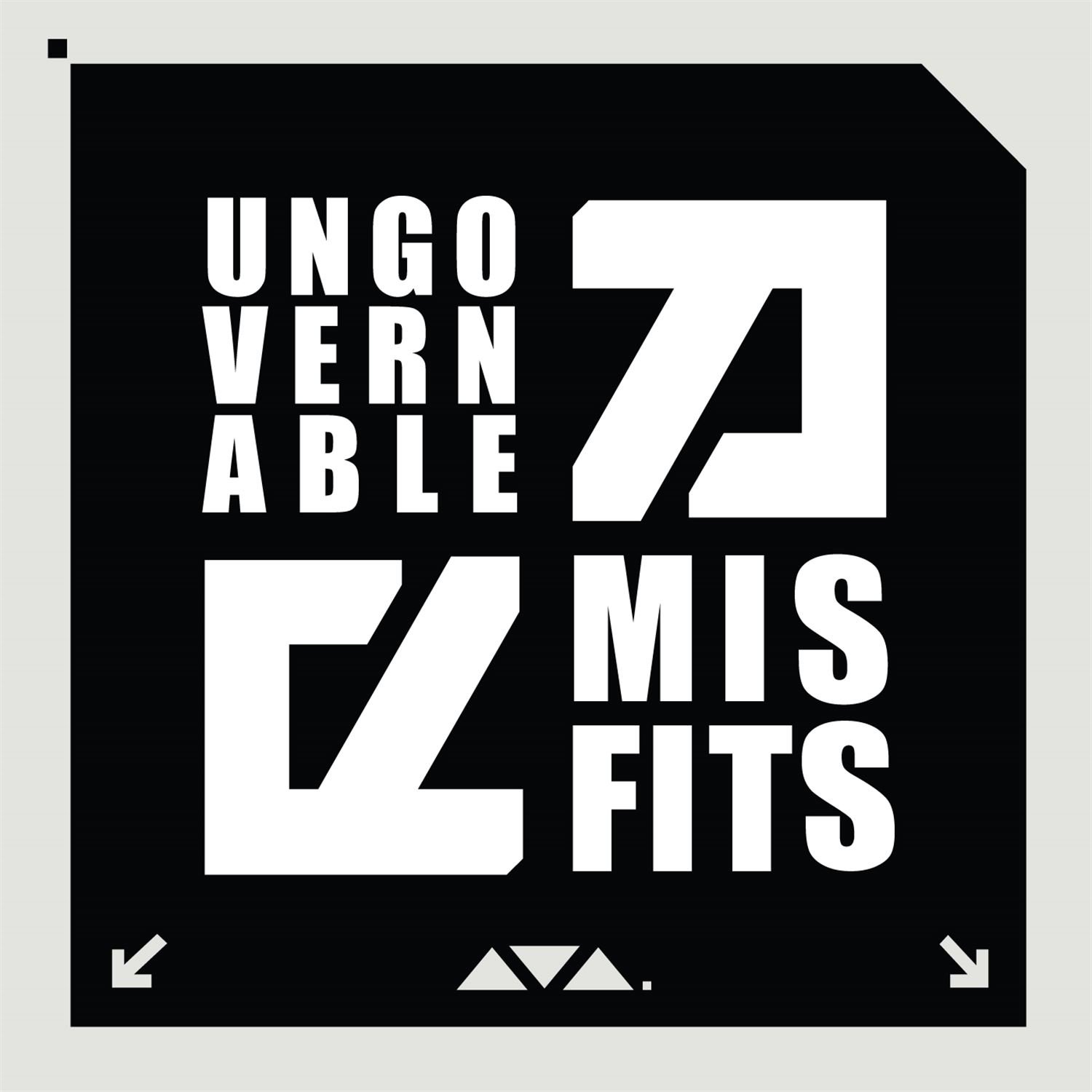
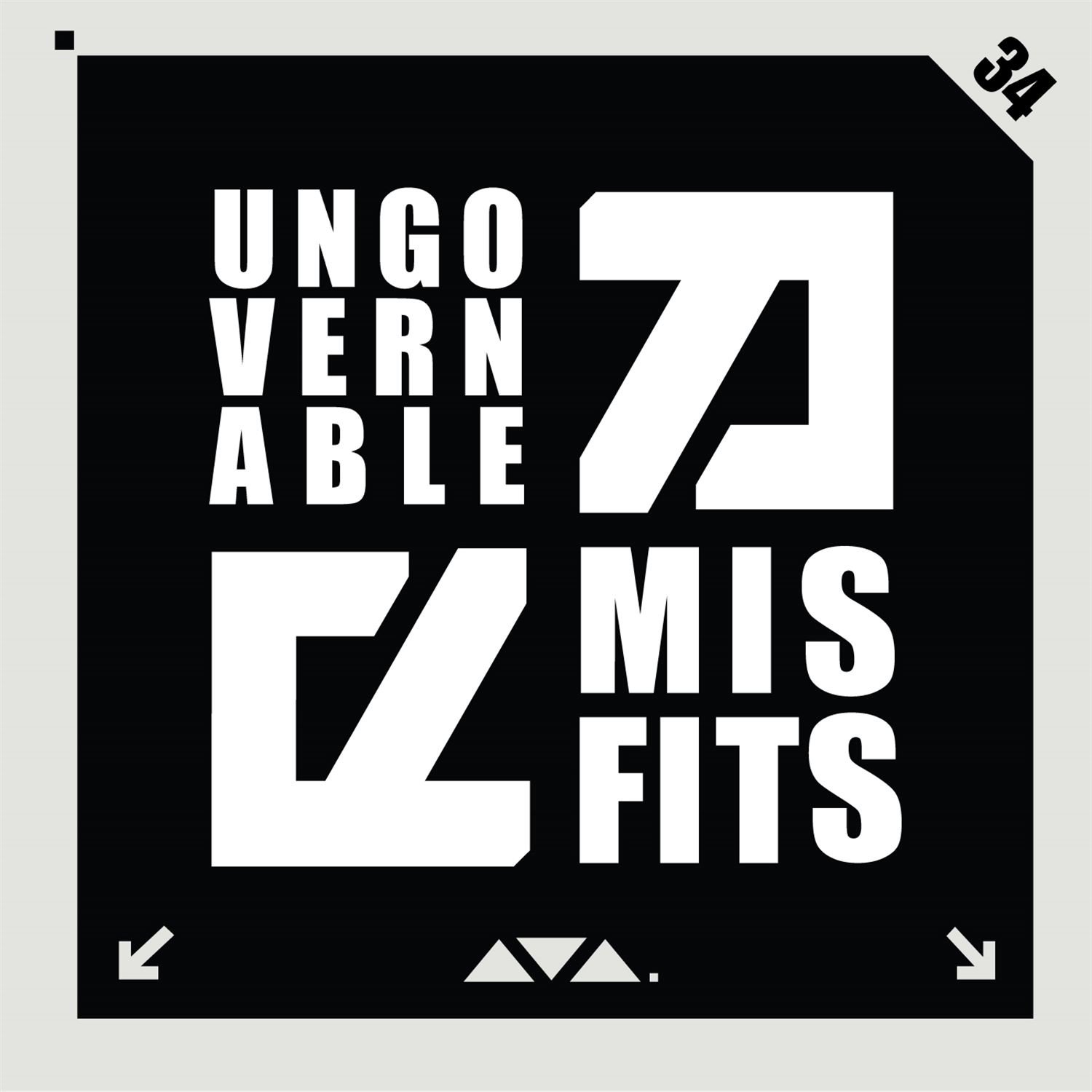


.gif)


